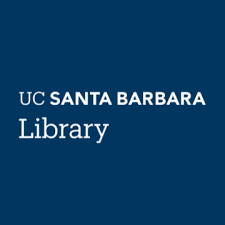 Did you know that most links on the web become non-resolvable after 100 days and that about 70% of news-related links disappear within a day? Even if this alarmingly short lifespan is news to you, we bet you’ve probably encountered a 404 error before (if not multiple times), meaning that the content you were trying to access was no longer available. The web is a highly dynamic and ephemeral environment; domains change, and resources relocate or disappear without notice. As a result, today’s active link may lead you to a dead-end tomorrow.
Did you know that most links on the web become non-resolvable after 100 days and that about 70% of news-related links disappear within a day? Even if this alarmingly short lifespan is news to you, we bet you’ve probably encountered a 404 error before (if not multiple times), meaning that the content you were trying to access was no longer available. The web is a highly dynamic and ephemeral environment; domains change, and resources relocate or disappear without notice. As a result, today’s active link may lead you to a dead-end tomorrow.
Broken links are one of the most common issues academics experience when citing and accessing web resources. Citations are vital to scholarly work; they support your arguments, correctly credit authors you are basing your ideas on, and allow those reading your work to locate and explore the sources you have included in your research. While so-called “persistent Identifiers” (which go by acronyms such as DOI, ARK, Purl, HDL) were developed to mitigate problems associated with conventional URLs, they either cost money or apply only to repositories that have direct control over their digital resource, since updates are required in the resolving service if the URL changes.
Having this challenge in mind and acknowledging the harmful effects of broken citations to scholarship, the Harvard Law School developed Perma.cc.
Read more on “UCSB Library Supports a Solution to Avoid Link Rot in Citations.” [Posted on: 05/27/2022 – 09:53; Topics: Research Services, Faculty, Graduate Students]